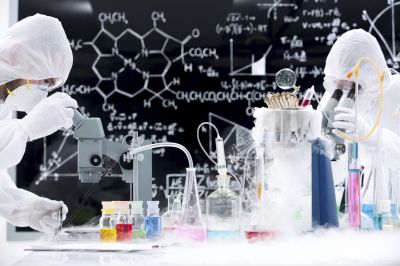
We can now successfully treat heart attacks and high blood pressure and, using the correct course of drugs, many people with schizophrenia are able to live stable, independent lives. Patients with HIV have also experienced a dramatic change of life through drug treatment breakthroughs. And, while the fight against cancer continues, we should not forget the progress that has been made. For example, leukaemia was once a fatal disease and but now many patients recover from it with the help of anticancer drugs. Meanwhile, biological drugs are helping to treat illnesses as cystic fibrosis and asthma.
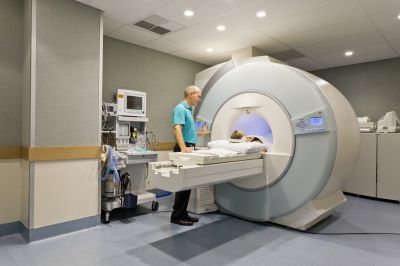
We are all exposed to radiations. Such exposure can be harmless at very low doses but damage our health above certain thresholds. But what happens in between is more difficult to predict. The PROCARDIO project is casting light on part of this mystery, with a focus on radiation-induced heart disease.
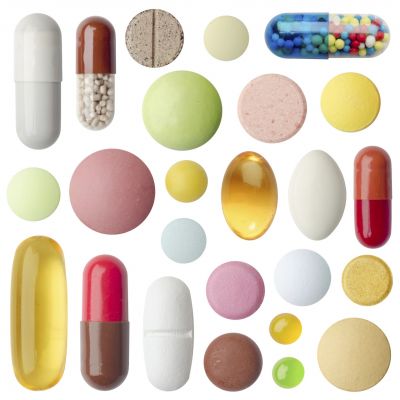
By drawing together expertise from across a range of fields, the Eindhoven University of Technology's Institute for Complex Molecular Systems is on the verge of a breakthrough that could have significant implications for the pharmaceutical industry.
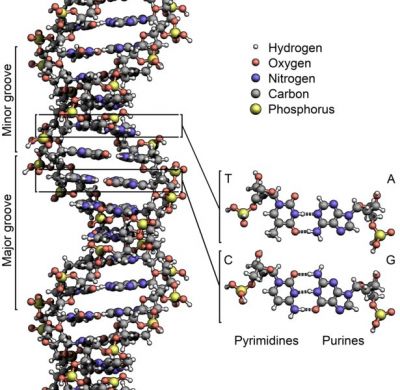
Research into the human genome is offering us fascinating insights into how DNA determines our health and identity. Meanwhile, exploration (and in some cases modification) of the genetic material of plants and animals has the potential to improve quality and tackle disease.

Tiny metal tubes called stents - which keep blood flowing through diseased coronary arteries by slowly releasing medication - have helped to save the lives of millions at risk of heart disease. Once inserted into arteries however, there is a small risk of a life-threatening complication called late stent thrombosis (ST). This occurs when the stent fills with blood clot and disrupts the blood supply.
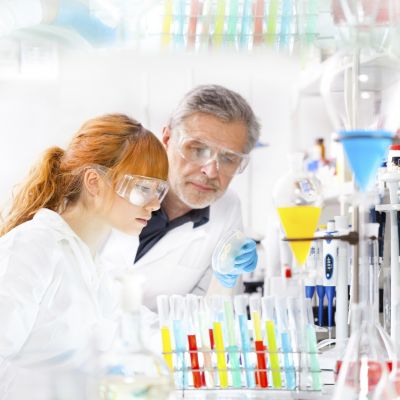
Researchers have made impressive progress in tackling some of the most devastating viruses and diseases of our time. They continue to seek out new ways of preventing diseases, developing better diagnostics and more effective therapies and treatments. However, our knowledge is still far from complete and much remains to be discovered.
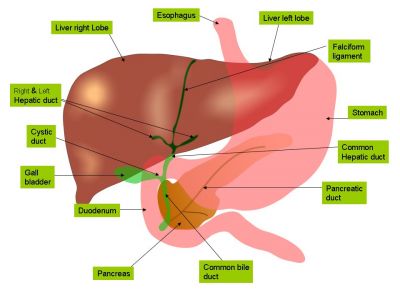
The demand for replacement livers has always far outweighed supply, with over 10 000 people waiting for a liver transplant in the EU alone. This supply-demand imbalance means that 14 % of patients requiring a liver transplant sadly will not receive a replacement organ.
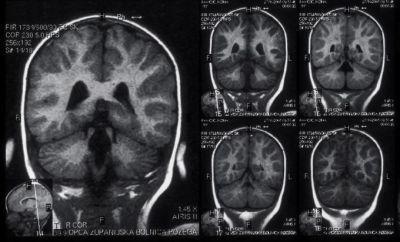
The nervous system - made up of the brain, spinal cord and nerves - controls how the body functions. When something goes wrong with this system, the impact can be severe, affecting one's ability to move, speak, swallow and learn. While neurologic diseases - conditions that affect the brain - are more common among the elderly, their prevalence is increasing as life expectancies increase.
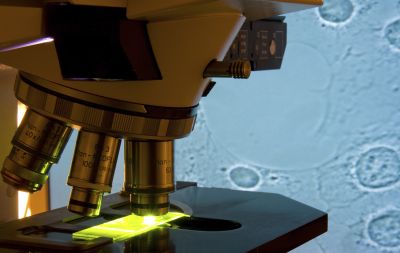
EU-funded research suggests that the manipulation of stem cells could help to repair damaged muscle tissue. Given the wide range of age-related and degenerative diseases that affect our society today, this could represent a significant breakthrough in healthcare.
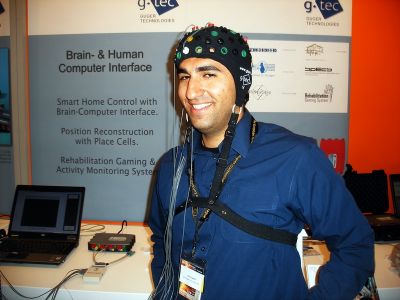
People with serious physical disabilities are unable to do the everyday things that most of us take for granted despite having the will – and the brainpower – to do so. This is changing thanks to European projects such as TOBI (Tools for Brain-Computer Interaction). People with limited mobility can write emails and even regain control of paralysed limbs through thought alone.
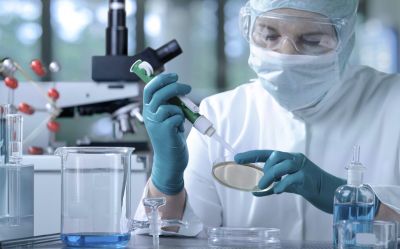
Ill health and disease do not stop at national boundaries, and neither should health research. Global health problems require global efforts. Working across borders, sharing knowledge and resources, and solving common problems are important principles and a key strength of EU health research and innovation. The EU-LAC HEALTH project is a prime example. Launched in October 2011, this drive for better global health research cooperation is being coordinated by the Spanish National Institute of Health Carlos III.
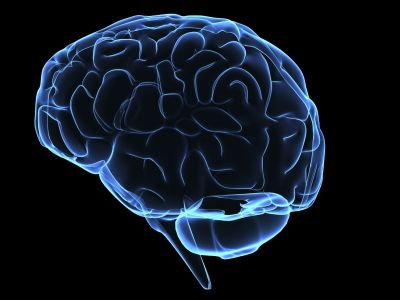
How can pressure cells contribute to help tackling the rapidly growing problem of degenerative diseases such as Alzheimer? This is one of the issues a new project funded by NMI3 will seek to address.
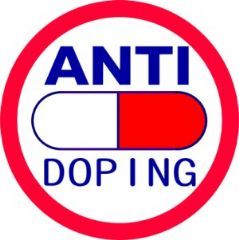
Doping in sport is nothing new. Ancient Greek athletes used stimulating potions to fortify themselves. Strychnine, caffeine, cocaine, and alcohol were regularly used by cyclists in the 19th century. Marathon champion Thomas Hicks ran to victory at the 1904 Olympic Games with the help of raw egg, injections of strychnine and doses of brandy administered to him during the race. During the 20th century doping became increasingly commonplace, leading not only to unfair competition, but also to the tragic deaths of top athletes. WADA - the World Anti-Doping Agency - was established 15 years ago with the mission of promoting, coordinating and monitoring the fight against doping in sport.

If you live in Europe, you may never have heard of 'neglected diseases' from Trypanosomatidic infections. However, in countries like Brazil or Sudan these diseases are endemic.
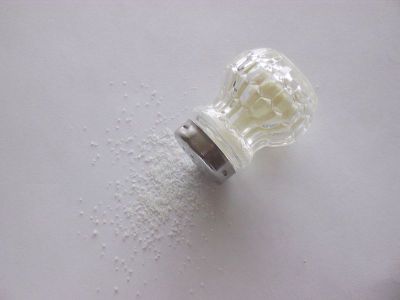
Current research shows reducing our current salt intake to six grams per day could prevent nearly six per cent of strokes. But the onus is as much on food manufacturers, as well as consumers, to be less heavy-handed with the salt. And that is precisely what the PROCURED project seeks to achieve.
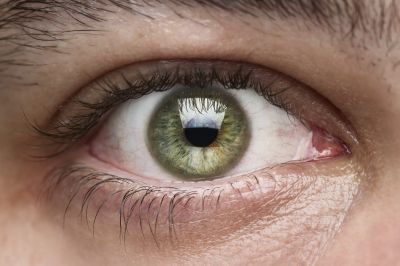
The ODAK ('Orphan Drug for Acanthamoeba Keratitis') project is working to develop a safe and effective treatment for Acanthamoeba keratitis (AK), a rare infectious eye disease which causes severe debilitation and can lead to blindness. The disease, which causes severe debilitation and can lead to blindness, affects one in 100 000 people in the EU - with 85% of cases being associated with contact lens wearing. It is caused by a common protozoan infecting the cornea and it is extremely difficult to treat because of the pathogens' resistance to antimicrobial therapy.

There is no health without mental health, and the foundation for good mental health is laid in the early and adolescent years of our lives. Mental health issues developed in younger years often increase with age and impact not only on the individual, but also on their family and society as a whole. While the majority of young people in the EU are said to enjoy good mental health, 20 percent of children and adolescents suffer from developmental, emotional or behavioural problems and approximately 12 percent have a clinically diagnosed mental disorder. These are only the young people that have been diagnosed, beyond them there are many more young people who are considered 'at risk'.
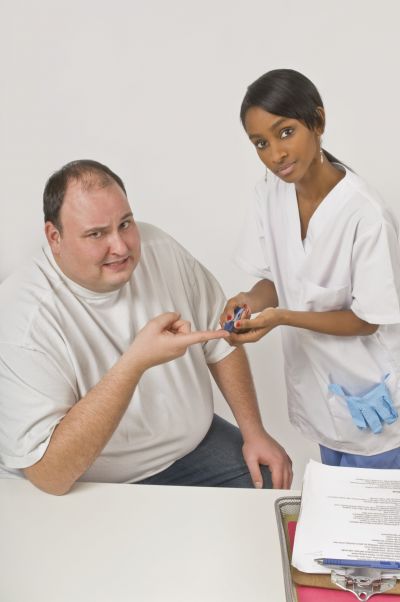
More than 55 million people in Europe currently suffer from diabetes, and by 2030, this figure is expected to rise to 64 million. Although there is currently no cure, type 1 diabetes can be treated by transplanting islet cells or even a whole pancreas into a patient from a donor. Unfortunately, the number of diabetes patients far outweighs the number of donors. Stem cells could play a vital role in addressing this gap.

Cervical cancer screening has helped to dramatically reduce the number of cases of - and mortality from - this disease. Now a study from the Karolinska Institutet suggests that testing for the human papilloma virus (HPV) could allow for a longer time between these screening tests, when compared to cell-based testing.
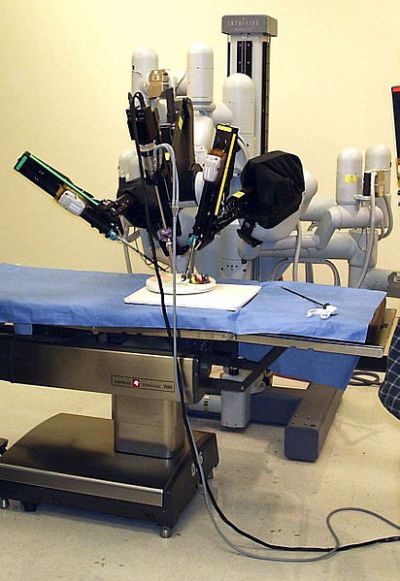
What if, in a few years from now, human surgeons were only needed for the most delicate operations, leaving more common tasks to robots? This not-so-fictional future is the dream of Dr Paolo Fiorini, who coordinated the EUROSURGE project, which ultimately targets the commercialisation of newly developed technologies in this sector.
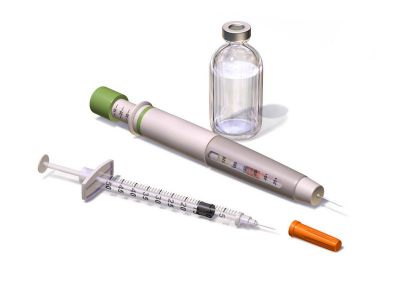
Diabetes affects around 10% of the population; according to the World Health Organisation (WHO). The disease places a huge financial burden on healthcare systems, and also leads to early death and poor quality of life. However, patients and healthcare professionals will now be able to partner up and manage the illness in better, more effective ways.

Across Europe, providing health and social care services is becoming increasingly complex and costly. An aging population, a multitude of public, private and informal actors, together with a myriad of e-health systems and technologies create numerous hurdles to offering efficient and cost-effective care. A team of EU-funded researchers and practitioners are helping to get these services off the ground.
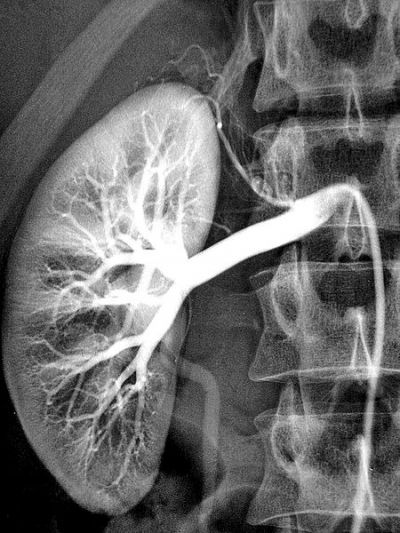
End stage kidney disease is a global public health problem with an estimated 2.4 million patients on dialysis. The number of new cases is rising (7-8% annually) due to population ageing and increased diabetes prevalence. The NEPHRON+ project is improving the lives of patients by developing a wearable artificial kidney device, enabled with information and communication technologies for remote monitoring.
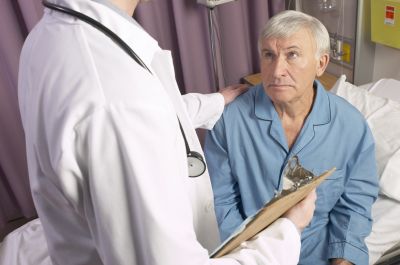
The thymus plays a central role in the development of our immune system by producing important immune cells. However, this crucial organ deteriorates with age and is also vulnerable to harm from transplant surgery. An ageing thymus leaves older people often more susceptible to infections such as flu, while patients who undergo a bone marrow transplant, for example to treat blood cancer, can be left with thymus damage that affects the immune system.
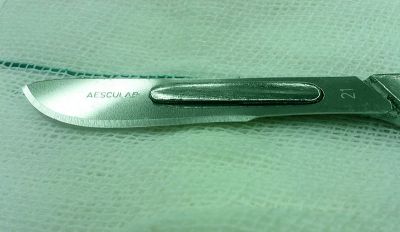
Cancer is one of the most challenging medical issues we face. In the United Kingdom alone, there are 300,000 new cases every year – leading to almost two million surgical operations annually. Thanks to ERC funding, Dr Zoltán Takáts of Imperial College London has developed a ‘smart’ surgical knife that can ‘smell’ the tissues it is cutting through – with the potential to revolutionise cancer treatment, as well as food and drug analysis, and research into the human ‘microbiome’.
























